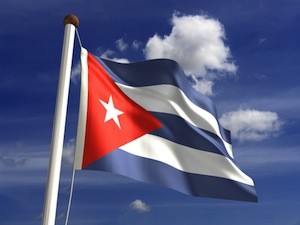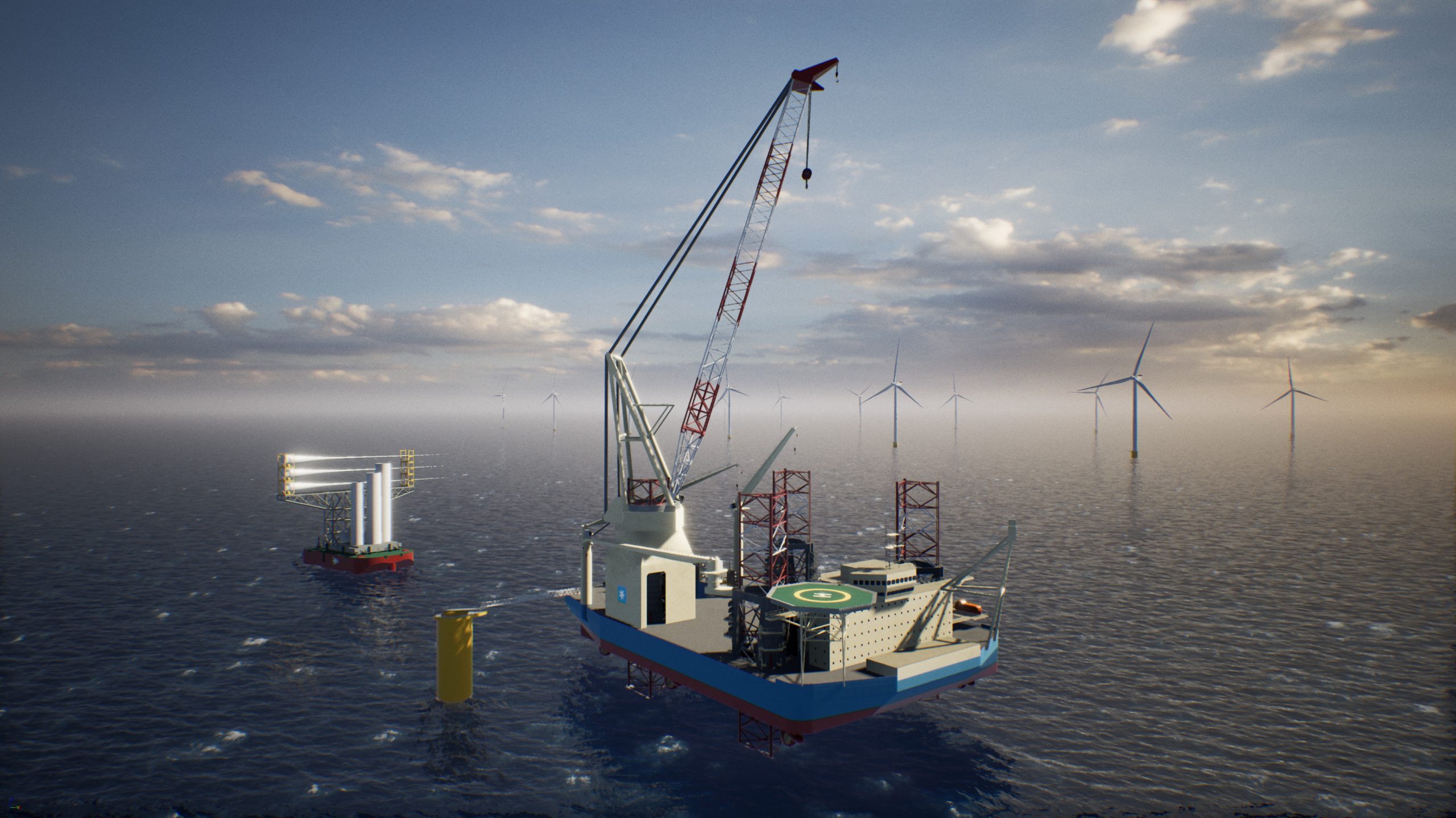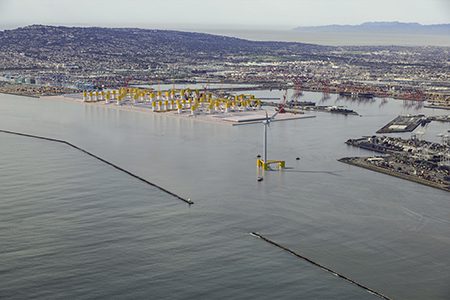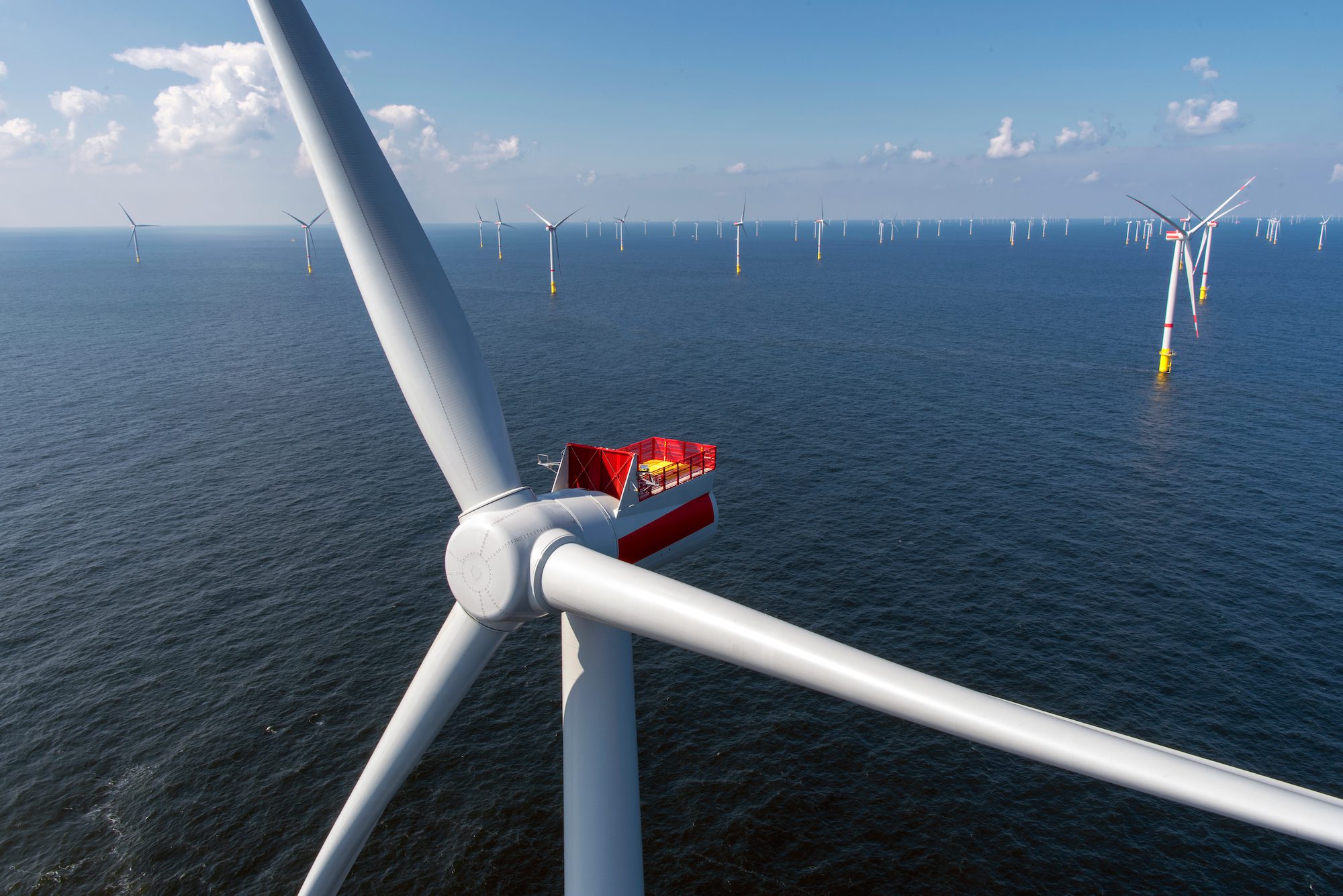Cuba’s contested offshore exploratory drilling program has come up short yet again with Cuba’s state-owned oil company announcing that the second deep-water exploratory well drilled this year offshore Cuba in the Gulf of Mexico has proved to be a bust.
In an announcement published by the Communist Party newspaper Granma, Cubapetroleo said the latest well drilled by Malaysia’s state-owned Petronas and Russia’s Gazpromneft found oil “that could extend to other parts of the four blocs contracted by [Petronas] and Gazpromneft” but “the rocks are very compact and do not have the capacity to deliver significant quantities of petroleum and gas,” and therefore “cannot be qualified as a commercial discovery.”
Cubapetroleo said the Petronas well, completed on July 31, was drilled west of the Cuban capital in 7,408 feet (2,258 meters) of water using the Scarabeo-9 semisubmersible, a one-of-a-kind rig constructed with less than 10 percent U.S.-made parts in order to side step the U.S. trade embargo.
The news comes as the latest blow to Cuba’s hopes of energy independence as the country tries to ween itself off of imports from nearby Venezuela by tapping the more than 5 billion barrels of crude oil believed to be buried in Cuba’s Exclusive Economic Zone below the deepwater Gulf of Mexico.
In May, Spain’s Repsol also came up short, finding no traces of hydrocarbons in an exploratory well drilled north of Havana and led the company to pull out of the country altogether after 12 years of operations. In 2004 Repsol drilled it’s first deepwater well off Cuba which, like the Petronas find, came up short of a commercial discovery.
As for Cuba’s future deepwater plans, the country is keeping its head up and focussing on long-term goals.
Cubapetroleo says that they will continue to analyze the findings from the last two wells and the Scarabeo-9 is still slated to drill a third well near Cuba’s western tip for Venezuelan state oil company PDVSA. What happens after that is unclear because the Scarabeo 9 is scheduled to drill off Brazil starting in July 2013 with no plans on returning to Cuban waters.
“The difficult part is that they’re going to lose what I call ‘the shovel,'” Jorge Pinon, former president of Amoco Oil Latin America and now an energy expert at the University of Texas, told the Associated Press. “Once the Scarabeo-9 finishes, that’s it. It’s going to take a long time again for … anybody else to drill additional exploratory wells.”
The U.S., meanwhile, is most likely relieved at Cuba’s dryspell, as plan on what to do in the case of a Cuban oil spill is still unclear.

 Join The Club
Join The Club











